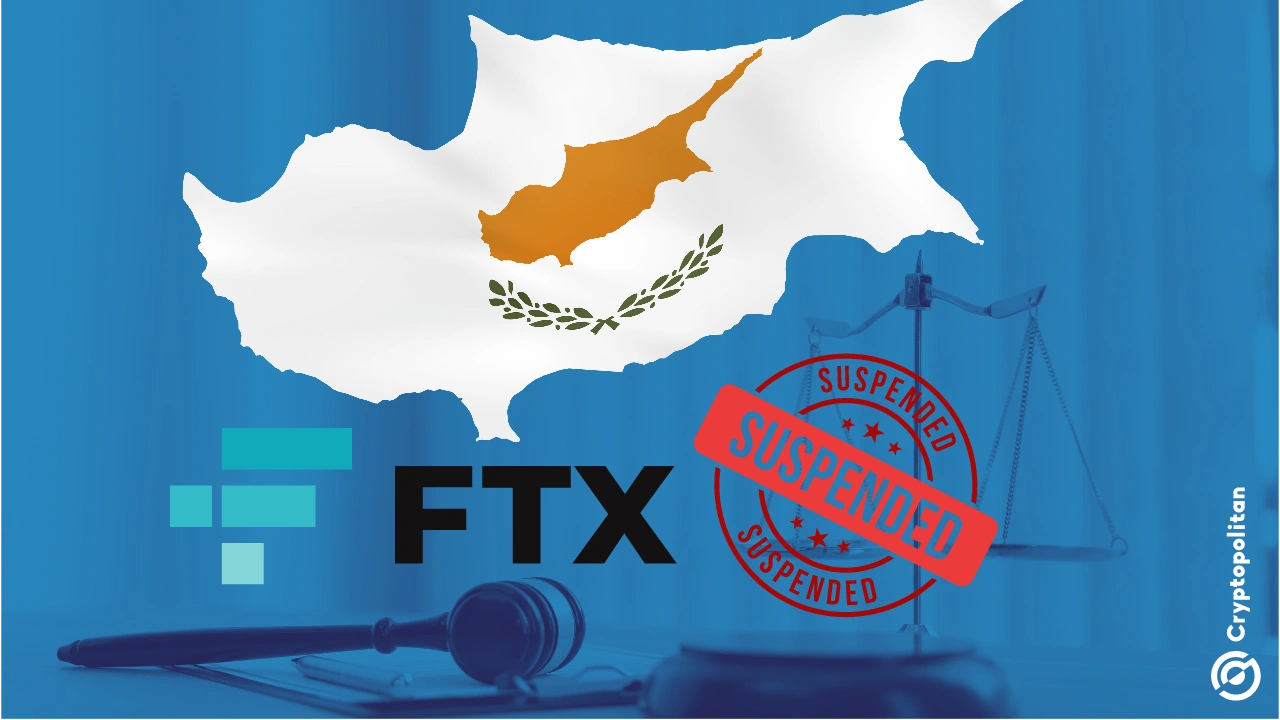The Big Picture
The story is about the Cyprus Securities and Exchange Commission (CySEC) taking a strong stance against FTX Europe, a branch of the once-mighty crypto exchange FTX. This regulatory body just extended FTX Europe’s trading suspension until May 30, 2025. But why is this a big deal? Let’s break it down and show you why understanding this matters.
What Is Happening and Why?
FTX Europe, a European division of FTX, has been banned from offering trading services, accepting new customers, or even advertising. However, they can still handle transactions that involve returning money to their existing clients. This extension is the fourth time CySEC has pushed the suspension further, keeping FTX Europe in check since November 11, 2022, when FTX’s shocking collapse in the U.S. sent shockwaves through the crypto industry.
Why Did This Happen?
FTX’s downfall started when it filed for Chapter 11 bankruptcy in Delaware, leading to regulators around the world scrutinizing its operations. CySEC suspended FTX Europe’s license to protect clients and their money, citing concerns about the management’s suitability and a lack of trust. On top of that, there were reports of a major hack that allegedly drained up to $600 million from FTX and its U.S. counterpart’s wallets, deepening the crisis.
What Was FTX Europe?
Before all this, FTX Europe was a regulated investment firm in the EU, allowing users to trade various asset derivatives. FTX had bought it for a jaw-dropping $323 million in 2021 from Digital Assets AG, a Swiss startup. However, after the collapse, FTX’s new restructuring team saw this deal as a “massive overpayment” and tried to recover some of that money. This sparked a legal tug-of-war with the original owners, which finally ended when FTX settled and sold FTX Europe back to its founders for $32.7 million in February.
Where Does This Leave Clients?
Right now, the FTX Europe website doesn’t offer trading services. It’s simply a portal for users to check their account balances and make withdrawal requests. If clients don’t withdraw their funds, their money will be moved into a “client segregated account” where it will be held safely for up to six years.
Why Is This Important for You?
Understanding this kind of news is crucial for anyone looking to expand their knowledge in finance and cryptocurrency. Here’s why:
- Regulatory Oversight: This story shows how regulators step in to protect users when a company collapses or acts suspiciously. Knowing how regulations work helps you understand the safety nets in the financial world.
- Risk Management: FTX’s downfall is a prime example of why it’s important to look at the leadership and stability of financial firms before investing.
- Global Impact: The ripple effects of FTX’s collapse show that decisions made in one country (the U.S., in this case) can change regulations and impact clients across the world, including in Europe.
- Long-Term Thinking: The way CySEC is handling FTX Europe shows that regulators think long-term, ensuring client funds are protected over several years.
Key Terms to Remember:
- CySEC (Cyprus Securities and Exchange Commission): The regulatory body ensuring financial fairness in Cyprus.
- Chapter 11 Bankruptcy: A legal process that allows a company to reorganize while paying off debts.
- Client Segregated Account: A separate account where client funds are kept safe from company operations.
- Overpayment & Legal Disputes: These remind us of how mismanagement and poor acquisition decisions can lead to massive losses.
Understanding these steps deepens your insight into how financial markets and crypto exchanges operate under regulatory scrutiny, helping you build a safer approach to investing or trading in such volatile environments.



